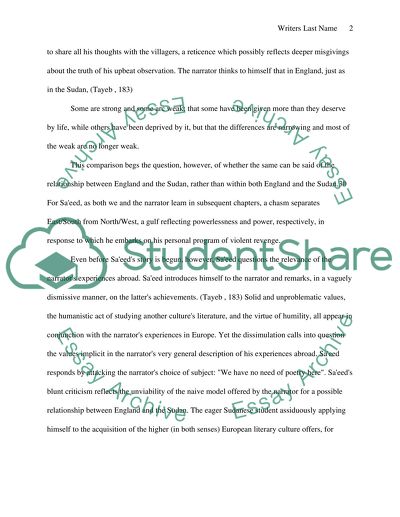Cite this document
(“Upward mobility Essay Example | Topics and Well Written Essays - 2000 words”, n.d.)
Upward mobility Essay Example | Topics and Well Written Essays - 2000 words. Retrieved from https://studentshare.org/miscellaneous/1522217-upward-mobility
Upward mobility Essay Example | Topics and Well Written Essays - 2000 words. Retrieved from https://studentshare.org/miscellaneous/1522217-upward-mobility
(Upward Mobility Essay Example | Topics and Well Written Essays - 2000 Words)
Upward Mobility Essay Example | Topics and Well Written Essays - 2000 Words. https://studentshare.org/miscellaneous/1522217-upward-mobility.
Upward Mobility Essay Example | Topics and Well Written Essays - 2000 Words. https://studentshare.org/miscellaneous/1522217-upward-mobility.
“Upward Mobility Essay Example | Topics and Well Written Essays - 2000 Words”, n.d. https://studentshare.org/miscellaneous/1522217-upward-mobility.


